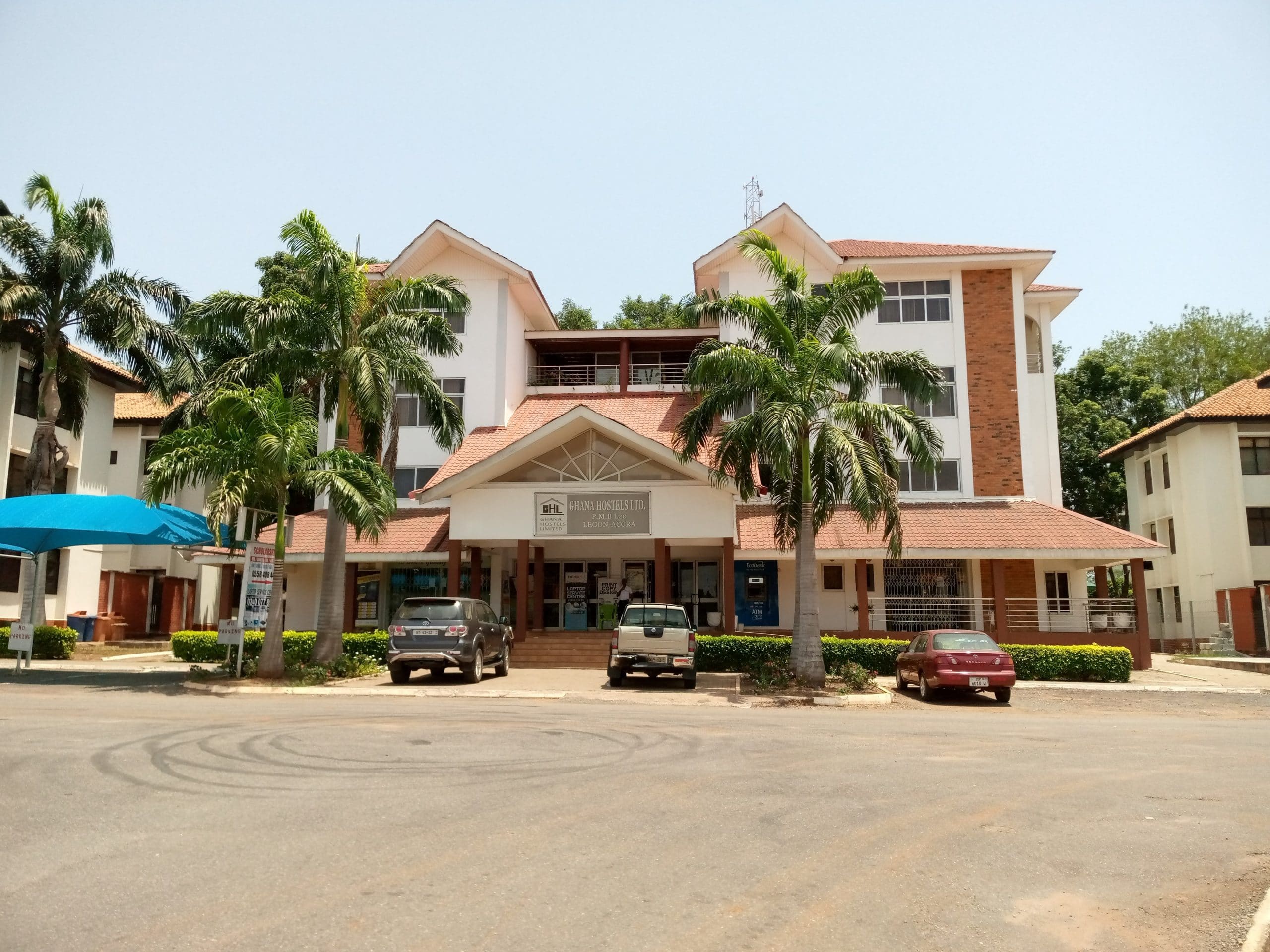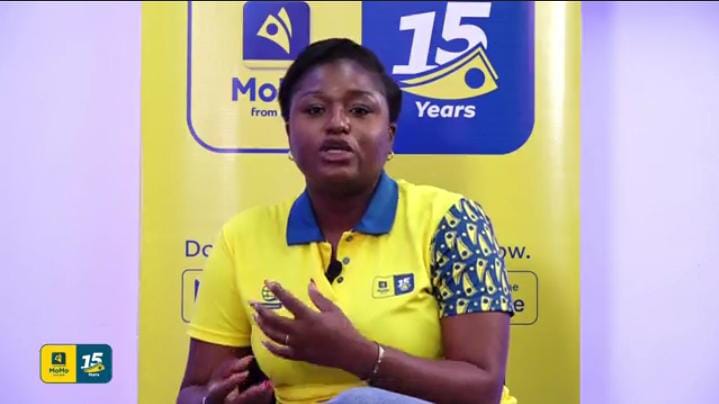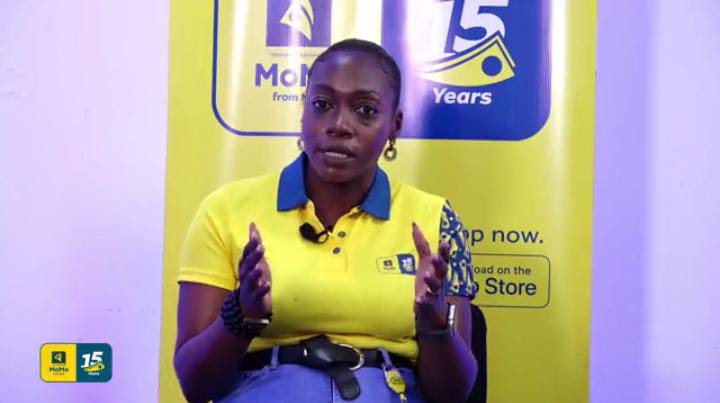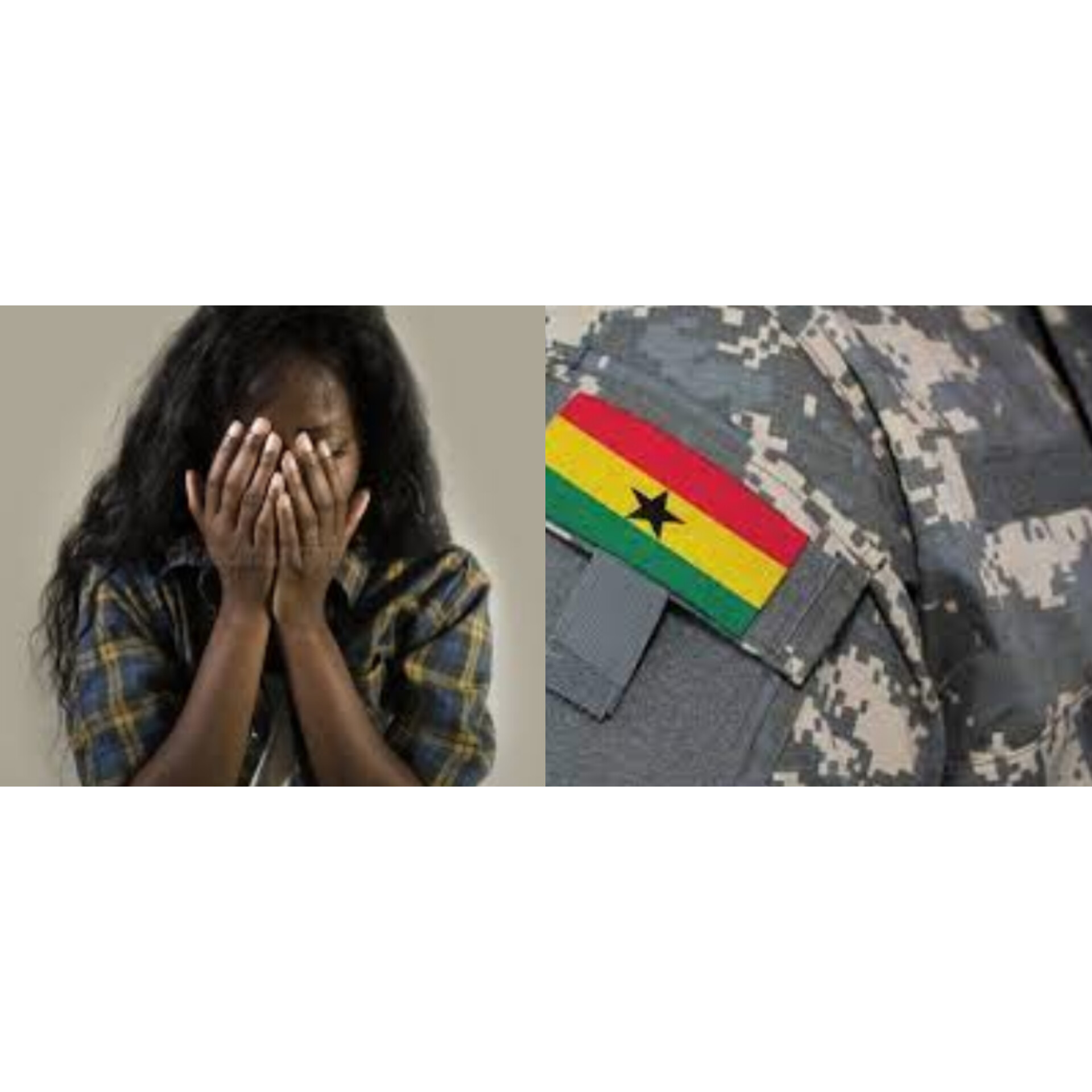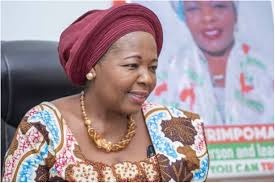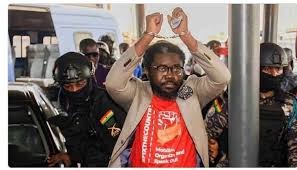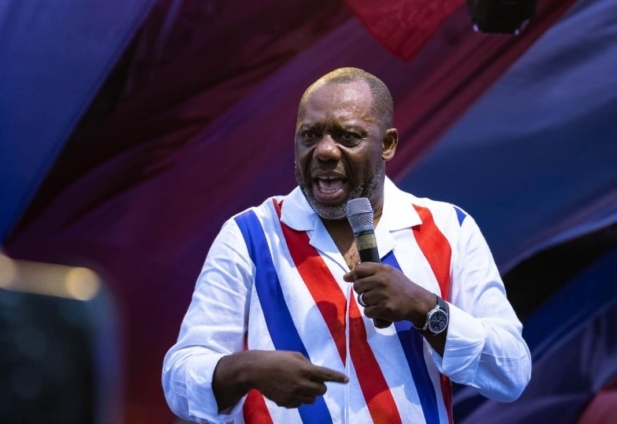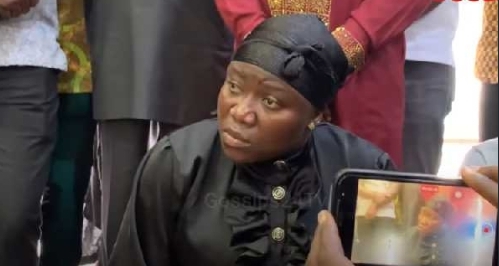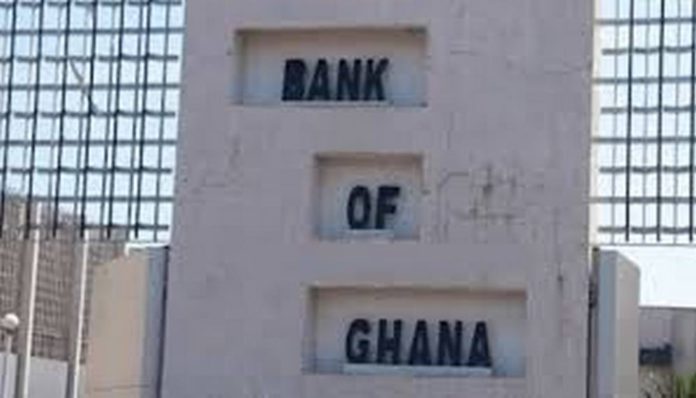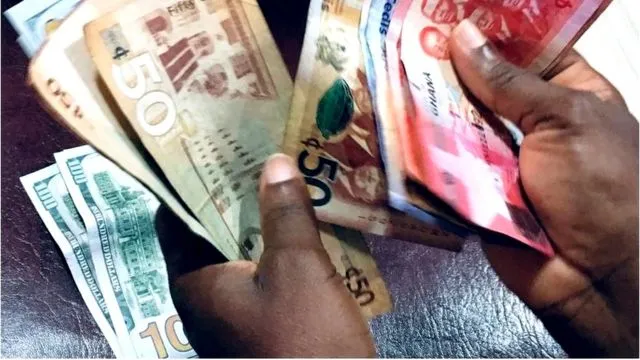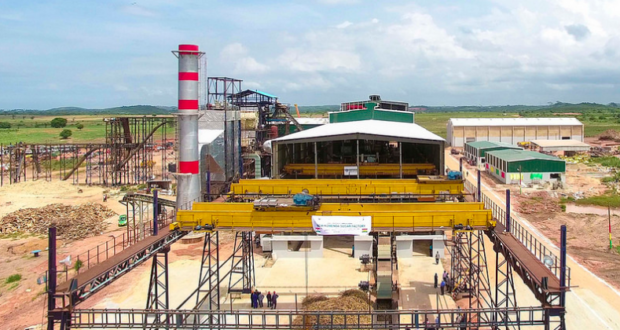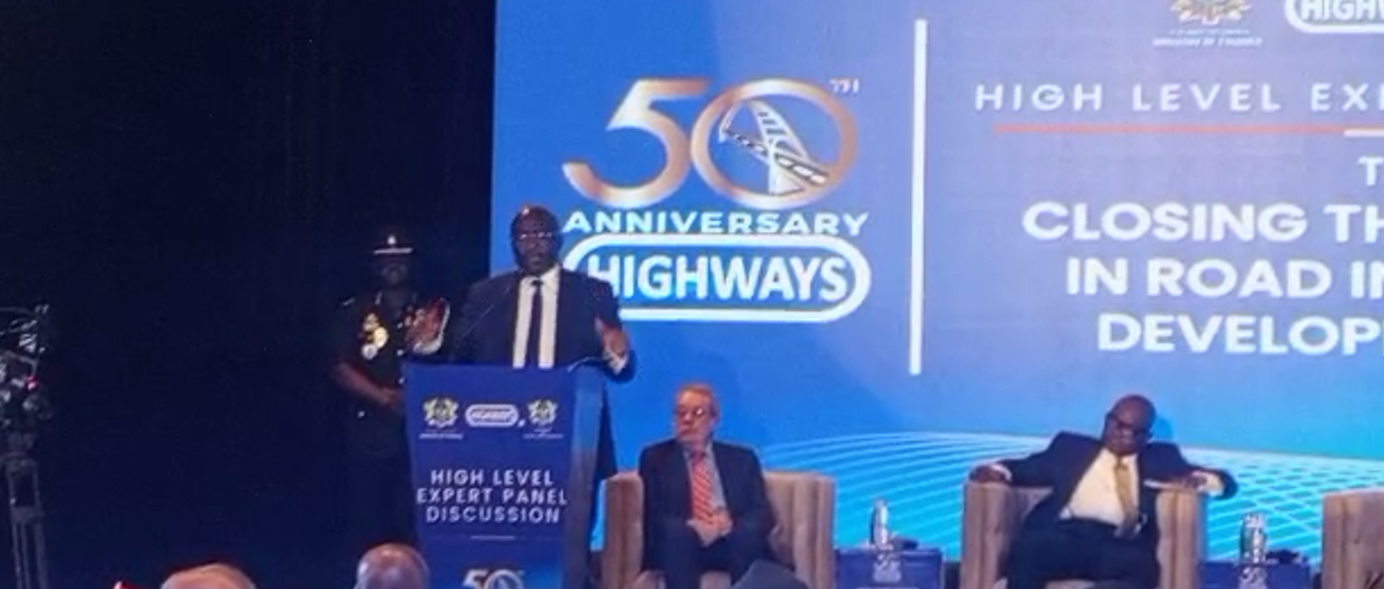Foreign and Homeless: The Plight of Women and Children Living Under Accra’s Circle Interchange
By Darroll Allan Tagoe In the early hours of the morning, as commuters pass through the Kwame Nkrumah Interchange, also known as “Circle Dubai,” they may witness two starkly different realities. While the overpass offers a quick and uneventful route, the underpass reveals a heartbreaking scene—a community of women and children, foreign and homeless, living […]

By Darroll Allan Tagoe
In the early hours of the morning, as commuters pass through the Kwame Nkrumah Interchange, also known as “Circle Dubai,” they may witness two starkly different realities. While the overpass offers a quick and uneventful route, the underpass reveals a heartbreaking scene—a community of women and children, foreign and homeless, living in squalor beneath one of Accra’s busiest interchanges.
Between 4 a.m. and dawn, a grim picture unfolds for those who take the underpass. Women from Mali, Nigeria, Algeria, and northern Nigeria gather with their children, all dressed in tattered, dirty clothes. The women, often veiled, sit with their barefoot, malnourished children who range from toddlers to those over two years old. This is not just one family; it is an entire community. Groups of eight or nine women, each with multiple children, have made the space beneath the flyover their home.
Their makeshift beds consist of cardboard boxes, second-hand bedsheets, and paving bricks used as pillows. These women and children endure the harsh conditions of homelessness, with no proper shelter, sanitation, or access to healthcare.
The Stories Behind the Faces
Darroll Allan Tagoe, a reporter from GTV’s Breakfast Show, has spent the last six months documenting the lives of these women and children. Through his interviews, he has uncovered the tragic stories of exploitation, displacement, and survival that have brought them to Ghana.

Some of these women were lured into the country by human traffickers who promised them jobs, as they fled economic hardship in their home countries. Others sought refuge from political unrest or abusive relationships. Many of the children work alongside their mothers, begging for money from passersby—money that barely sustains them.
The presence of these families raises serious questions about Ghana’s immigration controls and border security. Although these women and children are nationals of ECOWAS member states and have the right to be in Ghana, their dire circumstances and lack of proper documentation suggest that Ghana’s borders are more porous than secure. Many of these women are victims of human trafficking or exploitation, with no place to call home.
A Call to Action
The sight of these women and children living under the Circle Interchange should be a cause for national concern. Yet, there seems to be a deafening silence from the very institutions tasked with protecting vulnerable populations. The Ministry of Gender, Children, and Social Protection, NGOs, child rights organizations, and human rights groups all have a responsibility to intervene. The time for action is now, before disaster strikes.
Ghana prides itself on being a beacon of peace and stability in the region. However, the plight of these homeless women and children under the Circle Interchange is a glaring reminder that much more needs to be done to protect the vulnerable and uphold the dignity of all who live within the country’s borders.
The presence of these families in such deplorable conditions is a stark testament to the failures of the system—failures that must be addressed before more lives are irreparably damaged. It is not enough to issue statements and hold press conferences after a tragedy has occurred; the government and civil society must act now to ensure that these women and children receive the protection and support they so desperately need.
Conclusion
As Ghanaians, we must ask ourselves: how have we allowed this to happen in our nation’s capital? How can we turn a blind eye to the suffering of women and children, especially those who have come to our country seeking safety and a better life? The answer lies in immediate and coordinated action by all stakeholders to provide shelter, healthcare, and security for these vulnerable individuals. Let us not wait until it is too late; a stitch in time, after all, saves nine.
What's Your Reaction?
















